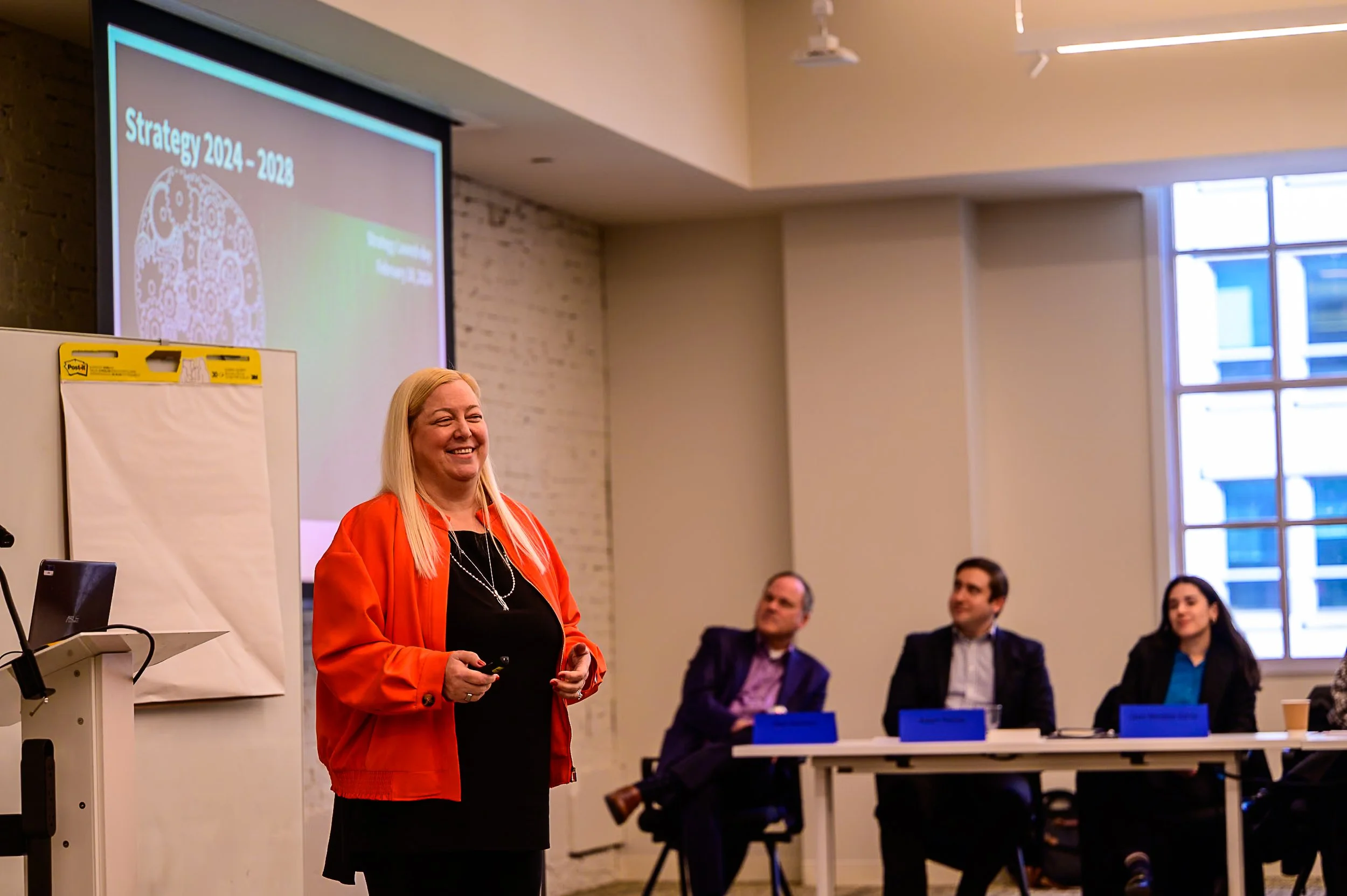
Without Data, It’s Just an Opinion
As the legendary engineer W. Edwards Deming put it, “Without data, you’re just another person with an opinion.” Without insight into data, people make decisions based on instinct, speculation, or prevalent theory. People are at risk of acting on biases or false assumptions. Now, Data-Driven Decision-Making (DDDM) involves collecting data, performing analysis, and basing decisions on insights derived from that analysis. DDDM provides for accountability and transparency. Basing decisions on data allows the logic behind determinations to be transparent and provides stronger evidence to support those decisions. Data provides context and knowledge.
In pursuing a data-driven culture, there are three critical areas of focus. First, you must define your mission in ways that are measurable. This typically means being able to quantify the inputs, outputs, and outcomes of your program. Inputs measure resources used, including things like funding, facilities, or staffing. Outputs are the products produced by an agency’s activity, and they affect the people or causes an agency serves. We measure output by monitoring these people or causes over time.
Once you define your mission quantitatively, you need to create a platform or “single source of truth” that provides for the storage, collection, and distribution of all relevant data. This requires removing silos within your agency or program, so data is accessible across the enterprise. By doing so, you can acquire a more complete picture of the mission. External data sources can provide additional perspective, as well.
Once you have defined your questions, established your platform, and started the analytical process, it is time to harness the data and make it meaningful. This is where business intelligence comes into play. More important than any analytics tool is the ability to ask the right questions. Specifically, what are we doing now? What does this mean for our mission? If we did things differently, how would that affect our outcomes? Mechanisms need to be in place to provide feedback that translates insight into action. This continuous feedback loop will become more powerful, as it continues to collect pertinent and expansive data.
Though DDDM can play a large part in the decision-making process, it does not preclude the human element. Decision-making based on data requires inherent subject matter knowledge and plain common sense. Without context, decision-makers may misinterpret data or arrive at incorrect conclusions.
Establishing data as the basis for decision-making can seem arduous. It takes time and persistence. Still, the benefits of understanding and acting upon data are far-reaching. Having the awareness and responsiveness to act in a timely manner, as well as to be proactive and predictive in those actions, not only saves time, but ultimately effects outcomes. When used correctly, DDDM can provide the foundation for sound decisions.





















